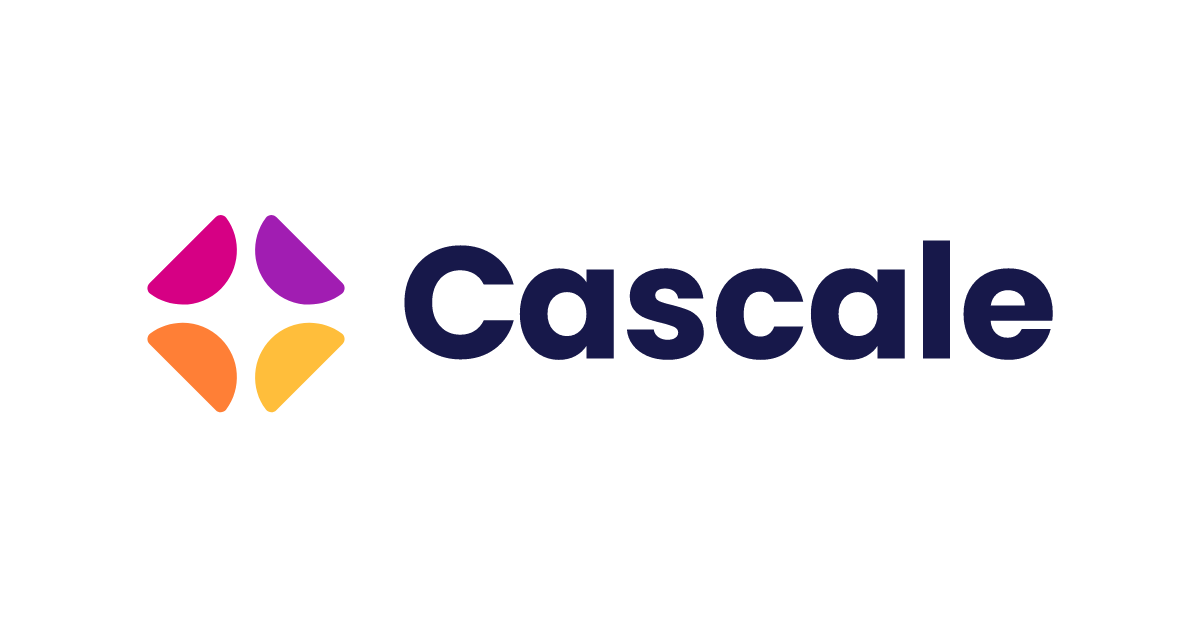Cascale Offers Insights at ITMAconnect Innovator Xchange

Joyce Tsoi, senior director of the Decarbonization Program at Cascale, joined a panel on "Sustainability and Finance in the World of Textiles'' at the ITMAconnect Innovator Xchange Virtual Edition last month. Moderated by Jeroen Vits, managing director of ITMA Services, Brussels, the panel also included Ryan Gaines, chief financial officer of Apparel Impact Institute, a Cascale partner, and Michael Rattinger, senior climate change specialist at Asian Development Bank.
Designed to offer perspective and insights on the intersection between sustainability and finance in the global textile supply chain, the panelists discussed sustainability requirements set by global brands and retailers and their impact on the global textile supply chain. Participants also shed light on financial instruments for the textile industry to realize its sustainable transformation demanded by many stakeholders.
Tsoi shared that ITMA is well positioned to weigh in on the transformations in the supply chain, a subject on which Cascale and collaborators are increasingly focused. She detailed how Aii and Cascale formed a strategic partnership in 2023 in order to expand impact and scale the collective knowledge base. Then stakeholders can align on funding, decision-making, and ultimately, accelerate action. For Aii, this chiefly involves Fashion Climate Fund and Climate Solutions Portfolio, which is meant to accelerate action and drive emissions reduction. Cascale's focus is the Decarbonization Program and corresponding science-aligned targets (SATs) adoption, part of Cascale's growing program base that is guided by the organization's "Evolution for Impact'' strategy.
With more than 300 members worldwide – including brands and retailers, manufacturers, and affiliate members – Tsoi shared that Cascale effectively represents half of the apparel, textiles, and footwear industry, in terms of revenue. She recommended brands and retailers utilize the Higg Index suite of tools and nominate their suppliers to participate in programs to improve energy efficiency and/or adopt solar rooftops at the facility level. Tsoi advised that brands communicate their climate goals and targets clearly with their suppliers and build deeper engagement on decarbonization intervention projects. These included coal phase out, optimizing energy efficiencies in production, and transitioning to low-carbon or renewable energy fuels or technologies. Overall, she said, the sector needs to realize significant decarbonization efforts in order to keep the global temperature rise within the 1.5-degree Celsius limit by 2030.
Finally, Tsoi shared a promising outlook for textile recycling, which can help to conserve resources in textile production and improve efficiencies. She called for the continued investment in developing these advanced technologies and infrastructure to boost the collection, sorting, and processing of textile waste, as well as research and development of using innovative materials.

